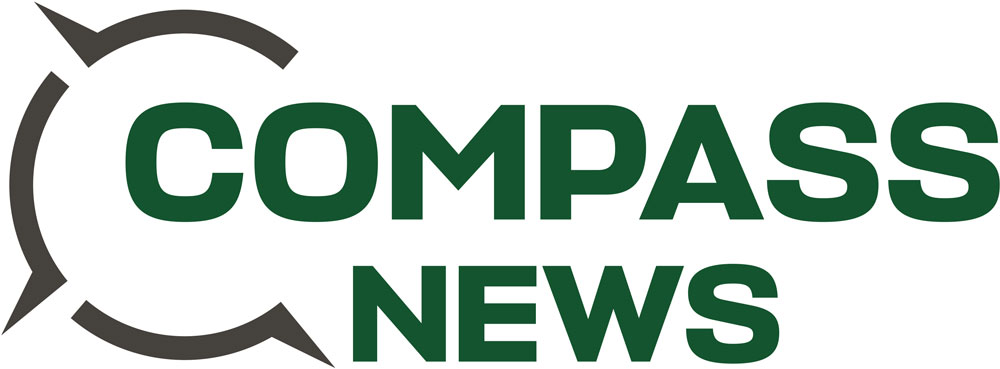While the updated down payment requirements and increased cap on insured mortgages might offer a “small bump” to the Ottawa housing market, more policy changes are required to help first-time buyers, the president of the Ottawa Real Estate Board says.
On Tuesday, Finance Minister Chrystia Freeland released updated down payment requirements, a week after increasing the cap on insured mortgages from $1 million to $1.5 million.
The updated down payment requirements will bring an “uptick” to the market because saving for a down payment is the biggest barrier for many first-time buyers in Ottawa, said OREB president Curtis Fillier.
“We’re happy to see these changes because it’s definitely going to increase the buying power for first-time homebuyers,” said Fillier. “Interest rates have subsided enough that the majority of the people can still qualify in or qualify for something. The buyers are still out there. They’ve just been sidelined for a short period of time.”
Last week, Freeland announced Ottawa would be increasing the price cap for insured mortgages from $1 million to $1.5 million, and expanding the 30-year mortgage amortization to include first-time homebuyers buying any type of home, as well as anybody buying a newly built home.
But Fillier said this change won’t have much of an impact on local buyers due to the valuation of homes in Ottawa.
“In cities like Toronto and Vancouver, you’re averaging around $1.2 million, and your down payment prior to the change might have been about $250,000, and now it’s around $75,000,” he explained. “So it’s a drastic change for those markets. But in Ottawa, the pricing of our homes is a bit better, so here, the first-time home buyer is not going to see as much of an impact.”
The average price of homes sold in August 2024 was $660,341 increasing 0.3% from August 2023.
While the changes indicate the government is “trying to work with home buyers”, Fillier said the market needs more policy changes aimed at increasing supply.
“All of these policy changes we’re making are great because it helps people get back into the market, but ultimately, we’ve never corrected the supply issue we had in the beginning,” he explained. “So we’re going to put ourselves right back there if we don’t figure out a way to correct those supply issues.
“As these buyers go out and start purchasing properties, that supply number is going to start coming down, and that is the issue we need to fix,” Fillier continued.
For example, the federal government could partner with the City of Ottawa to implement discretionary zoning, allowing more properties per address, and reduce development fees, to increase the supply and bring down the costs of housing.
“The buyers are out there, and now they can afford it,” said Fillier. “We just have to make sure we have the properties available for them when they do decide to.”

